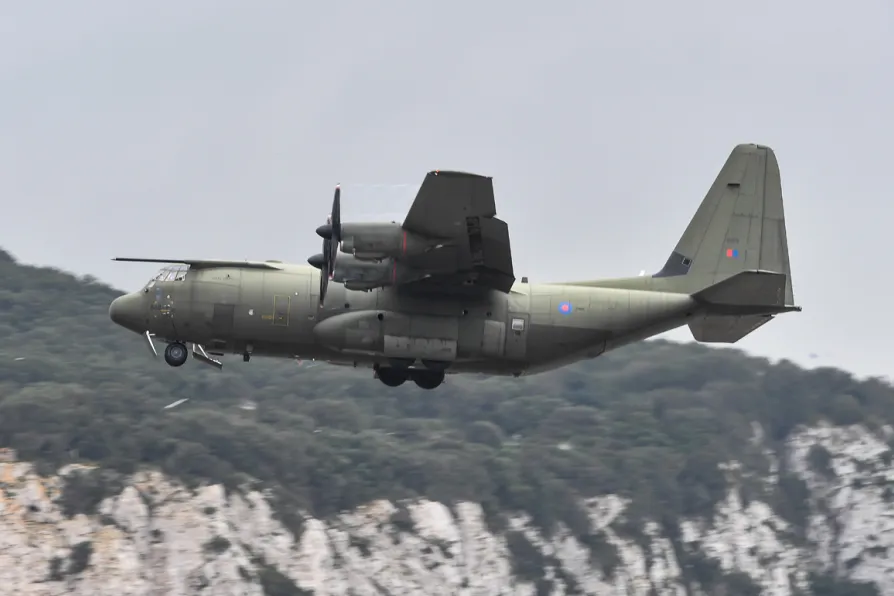
 C-130 Hercules
C-130 Hercules
A MILITARY pilot who crashed a special forces plane in Syria had not flown on operations for three years prior to the incident that injured all crew members and caused £12 million in damage.
The embarrassing revelation comes in a new report by the Defence Safety Authority.
The official probe shines a rare light on Britain’s clandestine support for ground troops in Syria.
The plane, a C-130 Hercules, took off from the Royal Air Force (RAF) base at Akrotiri, Cyprus, in August 2017, carrying nine personnel.
Three hours later, in the middle of the night, it prepared to land on a makeshift runway at a secret location for a cargo delivery.
The report describes this area as a “non-permissive environment,” requiring crew to don body armour.
The Morning Star believes the landing zone was Qamishli in northern Syria, which was a hub for Kurdish forces fighting Isis.
The RAF was making two resupply missions each week to the airstrip at that time, the report said, but further details about its cargo have been redacted.
The sorties became so frequent that the RAF struggled to find enough qualified pilots.
It had to draft in a captain who had not flown on operations for three years and lacked enough recent flying hours.
The pilot hit the ground 400 feet short of the runway, travelling at 140 miles per hour.
All crew sustained back and neck injuries as the plane bounced repeatedly on the ground.
The pilot was eventually able to climb away and hand over control to his more experienced copilot.
The crew then heard a “whooshing sound” in the cargo area and became concerned about the air pressure system, forcing the plane to divert to a permanent runway, likely to be Erbil in Iraq.
As they came in to land, the crew held fire extinguishers in case the plane burst into flames.
Upon landing at the safe location, the RAF found “rippling of the aircraft skin and pulled rivets.” The plane was written off.
The report determined that it was “very likely” the pilot “felt a need to prove himself,” in part due to his “lack of recent operational experience.”
An RAF spokesman told the Morning Star: “We fully accept the findings of this comprehensive inquiry and are currently implementing its recommendations.
“Safety will always be our priority.”

















